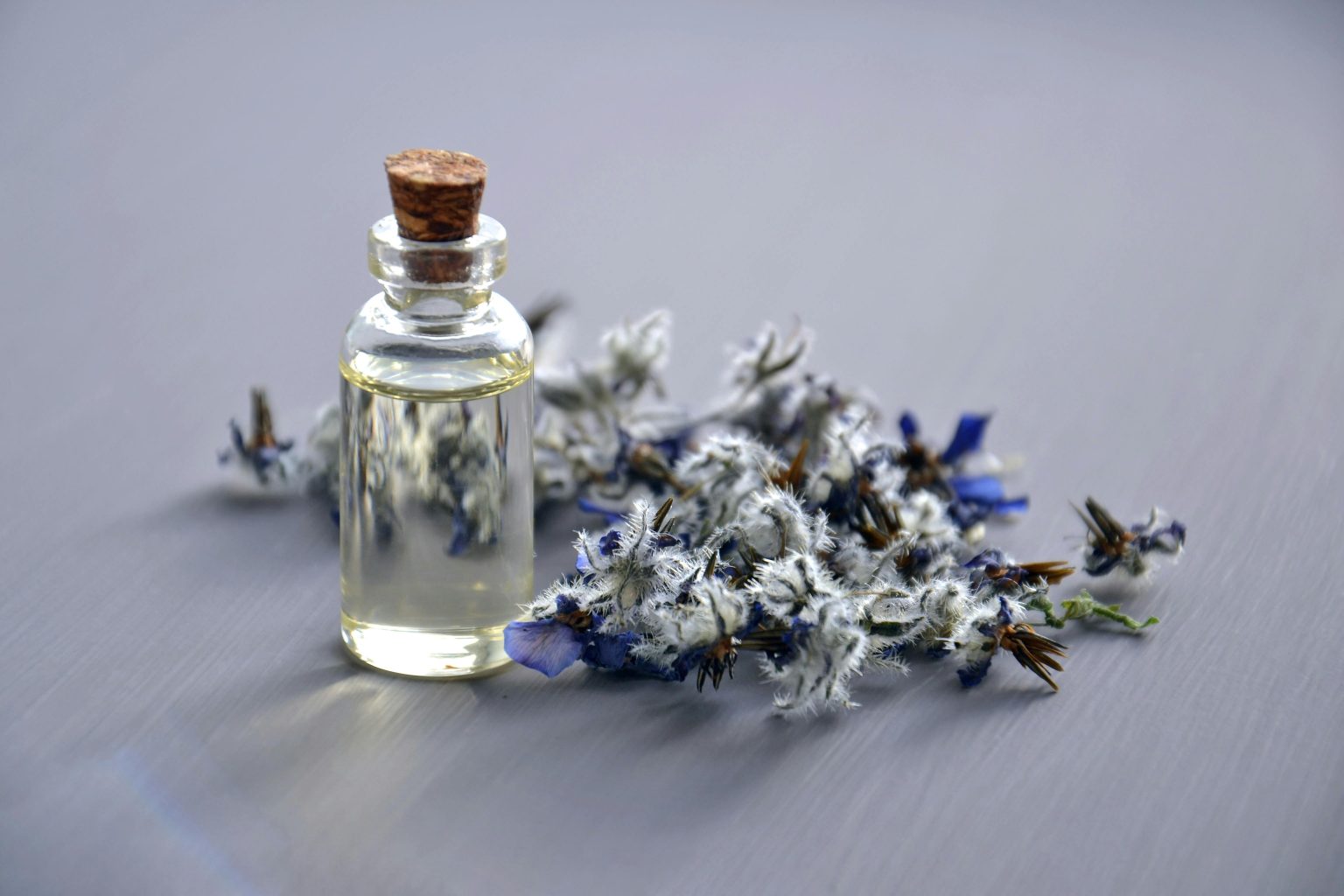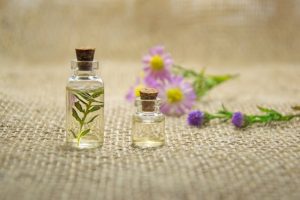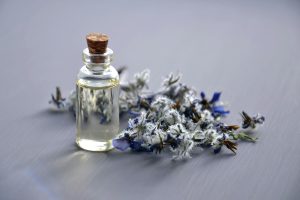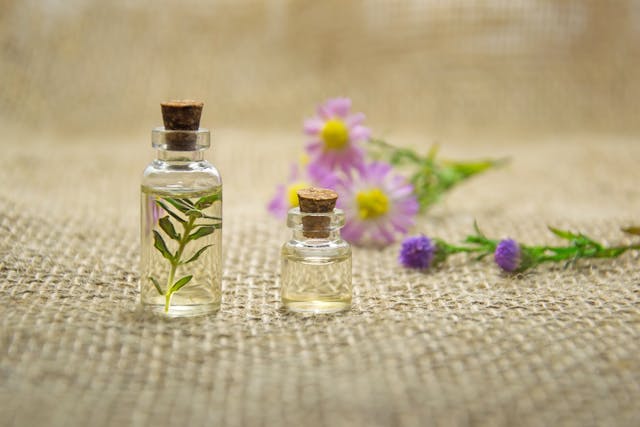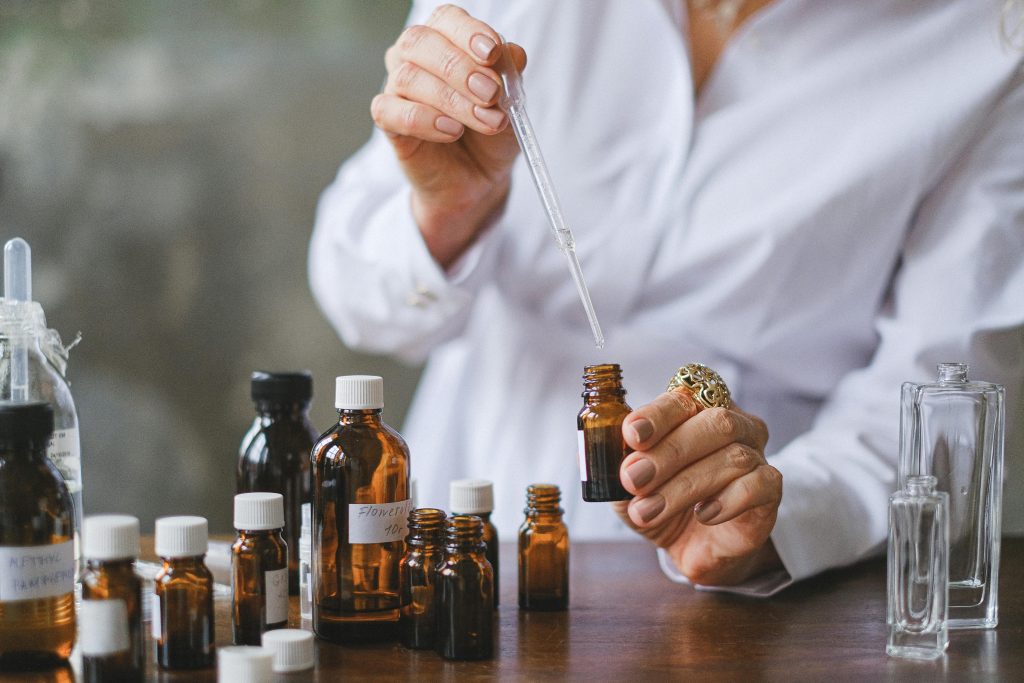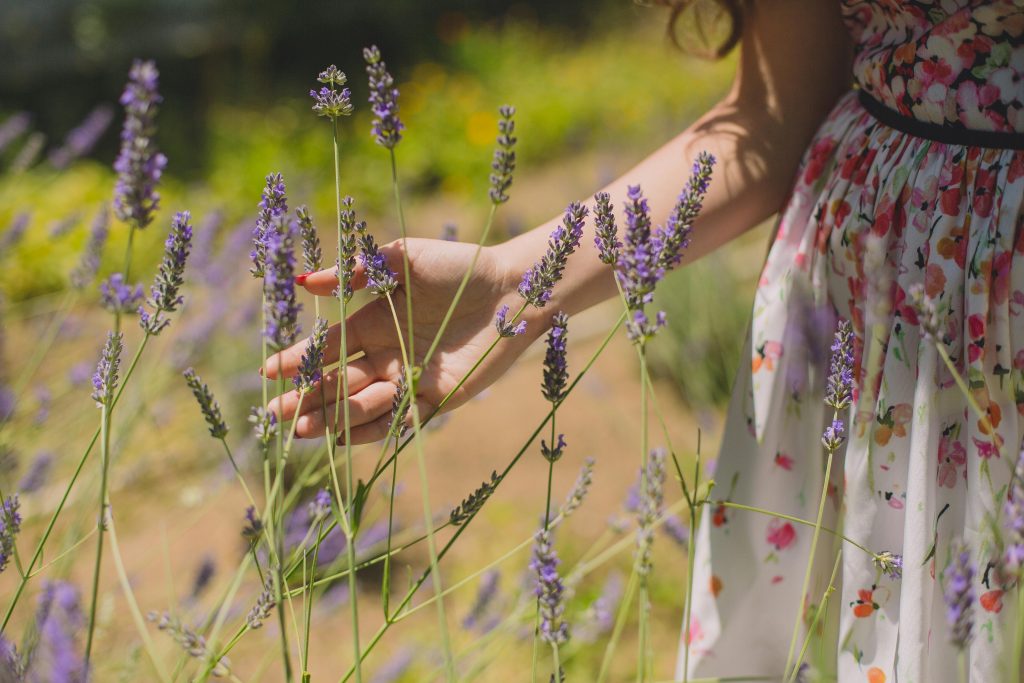Essential oils are strong plant extracts. You can use them to help your health in many ways. Many people use essential oils to relax or focus. Some use them for a natural boost in their daily lives. A study showed that 61% of U.S. doctors who like integrative medicine used essential oils last year. They used them for themselves or their families. The global market for these oils has grown fast, as you can see below:
| Year | Market Size (USD) |
|---|---|
| 2017 | 17 billion |
| 2024 | 25.86–27 billion |
You should try essential oils with curiosity and care. Always remember to use safe practices.
Key Takeaways
- Essential oils are strong liquids from plants. People use them to help mood, focus, and health in a natural way. Always mix essential oils with carrier oils before putting them on your skin. Do a patch test first to check for problems. Lavender, peppermint, and tea tree oils are popular. They can help you sleep better, feel less stress, and support your immune system. People use essential oils by smelling them or putting them on the skin. Do not swallow them or use them on skin without mixing. Buy good oils from brands you trust. Keep them in a safe place. Talk to a doctor if you have health problems or are pregnant.
Essential Oils Overview
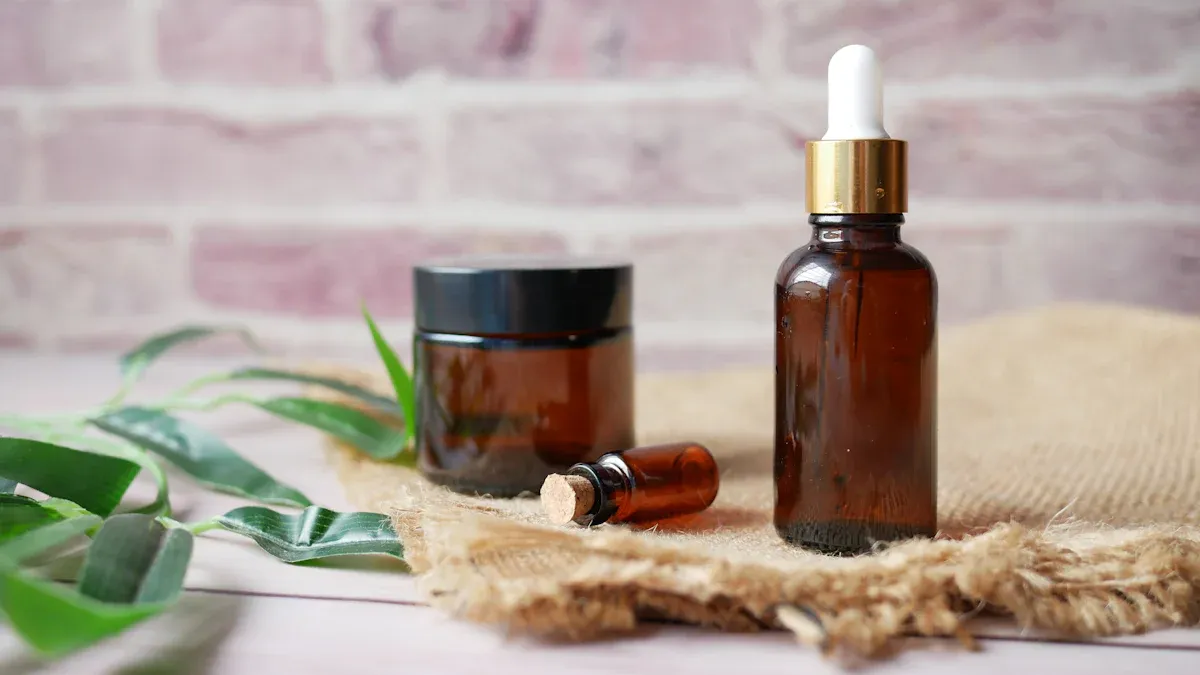
What They Are
Essential oils are strong liquids from plants. They hold the plant’s smell and special traits. Scientists say essential oils are aromatic, volatile liquids. They come from seeds, flowers, leaves, bark, or roots. These oils have many chemical compounds, like terpenes and phenols. The word “essential” means the plant’s special smell, not nutrition. Sometimes, people call essential oils volatile oils or ethereal oils. The mix of chemicals can change by plant type and where it grows.
Tip: Always look at where your essential oils come from. Quality changes with how and where the plant grows.
How They’re Made
There are different ways to get essential oils from plants. The most common way is steam distillation. This uses heat and steam to pull oil from the plant. Cold pressing is used for citrus oils. Machines press the rinds to get oil without heat. Some makers use solvent extraction or CO2 extraction. These are for gentle flowers or to keep special traits. Each way changes the oil’s purity and smell.
| Extraction Method | How It Works | Impact on Oil Quality |
|---|---|---|
| Steam Distillation | Uses heat and steam to extract oils | Keeps purity, gentle, may change delicate oils |
| Cold Pressing | Presses citrus rinds without heat | Keeps smell, fresher scent, less strong |
| Solvent Extraction | Uses chemicals to dissolve and extract oils | More strong, risk of leftover chemicals, less pure |
| CO2 Extraction | Uses pressurized CO2, no heat or chemicals | Very pure, full smell, needs special tools |
Popular Essential Oils
Some essential oils are used more because they help in many ways. Here are a few popular ones and what people use them for:
| Essential Oil | Common Uses |
|---|---|
| Lavender | Helps sleep, lowers stress, soothes skin, used in massage and sprays |
| Tea Tree | Treats acne, calms scalp, helps with stuffy nose |
| Peppermint | Boosts energy, helps breathing, keeps bugs away, good for hair |
| Lemon | Cleans, lifts mood, helps focus, treats acne |
| Eucalyptus | Clears nose, helps breathing, eases cold symptoms |
You can try these oils to feel calm, focus better, or have cleaner air at home.
Main Uses
Aromatherapy
Aromatherapy can help your mood and how you feel. It uses the smell of essential oils to change your mind and body. You can put a few drops in a diffuser. You can also breathe them in from a tissue or use them in a massage. Studies show aromatherapy may lower anxiety and blood pressure. It can also help you sleep better. Oils like lavender, citrus, and rose can help you feel calm. Aromatherapy works by sending signals from your nose to your brain. Your brain controls feelings and hormones. Many people use aromatherapy to relax before something stressful. Some use it to feel happier at home.
Note: Always mix oils with something else before using. Do not breathe them in too close if you have trouble breathing. If you are pregnant or take medicine, ask your doctor first.
Topical Application
You can put essential oils on your skin, but you must mix them with a carrier oil. Carrier oils like almond or coconut oil help stop skin problems. Doctors say to test a small spot first. Some oils, like lavender and peppermint, can bother sensitive skin. Using oils on your skin can help with skin problems, sore muscles, or headaches. People often use this way with massage for more comfort. Never eat or drink essential oils. Swallowing them is very dangerous.
- Always mix oils before putting them on your skin.
- Try a small spot first to see if it is safe.
- Look for redness, itching, or burning.
Home and Lifestyle
Essential oils can make your home smell nice and help with chores. You can add them to cleaning sprays, laundry, or air diffusers. Some oils, like lemon and tea tree, can kill germs. These oils help clean things and keep surfaces fresh. Others, like rosemary and cedarwood, can help you focus or care for your hair. The table below shows how people use them at home:
| Household Use | Oils Used | Benefit |
|---|---|---|
| Air freshening | Lemon, lavender | Clean scent, mood boost |
| Cleaning | Tea tree, lemon | Antimicrobial, fresh surfaces |
| Hair care | Rosemary, cedarwood | Supports scalp health |
| Stress relief | Lavender, citrus | Calming, relaxing |
Tip: Do not put essential oils in food or drinks unless a trained expert tells you it is safe.
Benefits
Stress and Sleep
You can use essential oils to help with stress and sleep. Many people say some scents help them relax after a busy day. Studies show that breathing in lemon, eucalyptus, tea tree, and peppermint oils can lower stress and sadness. In one study, people wore a pendant with these oils during the day. At night, they used an aromatherapy stone. They felt less stress and slept better than people who did not use the oils.
- A four-week study with healthy adults found:
- Less stress and sadness
- Better sleep
- No big changes in body stress signs
Lavender oil is great for sleep. Research shows that smelling lavender at night helps you fall asleep faster. It also helps you stay asleep longer. People in these studies woke up feeling more rested and had more energy. Lavender has linalool, which calms your nerves and lowers anxiety. You might sleep deeper and feel better after using lavender oil before bed.
Tip: Try putting a few drops of lavender oil in your diffuser before bed. It may help you relax and fall asleep more easily.
Mood and Focus
Essential oils can help your mood and help you focus. Rosemary oil may help your memory and clear thinking. In one study, people who smelled rosemary did better on memory tests. Their answers were a little slower, though. Peppermint oil can make you feel more awake and happier. Teachers and students often use peppermint or rosemary when they study to stay focused.
- Bergamot oil can make you feel happier and less worried. Studies show that people who breathe in bergamot oil feel calmer. Their blood pressure and heart rate go down.
- Lavender oil helps you relax, but it might slow your memory if you use it while working.
- Aromatherapy hand massages with bergamot, frankincense, and lavender helped hospice patients feel less pain and sadness.
Research shows that using essential oils for a few weeks can lower worry and sadness. These oils may also help your brain stay healthy. Citrus oils have d-limonene, which helps your brain grow new cells. Oils like lavender and rosemary protect your brain from stress. They fight swelling and bad molecules called free radicals.
Note: If you want to focus better, try using rosemary or peppermint oil in your room.
Immune Support
Some essential oils may help your body fight germs. Scientists have studied oils like eucalyptus, tea tree, and thyme for their effects on the immune system. These oils can help your body fight off bacteria, viruses, and fungi. They may also lower swelling and protect your cells from harm.
| Essential Oil | Immune-Supportive Effects | Type of Evidence |
|---|---|---|
| Clove | Fights bacteria, fungi, and swelling; antioxidant effects | Lab and animal studies |
| Eucalyptus | Helps immune cells; fights viruses | Lab and animal studies |
| Cinnamon | Kills bacteria | Lab studies |
| Garlic | Fights bacteria and fungi | Lab studies |
| Ginger | Stops germs | Lab studies |
| Oregano | Fights bacteria and fungi | Lab studies |
| Thyme | Kills bacteria, fungi, and viruses | Lab studies |
| Rosemary | Fights fungi | Lab studies |
| Lemon | Fights fungi | Lab studies |
| Lemongrass | Fights fungi | Lab studies |
| Fennel | Fights fungi | Lab studies |
| Tea Tree | Fights viruses | Lab studies |
Many of these oils are strong against germs, swelling, and cell damage. For example, thyme and oregano oils can kill bad bacteria. Bergamot and lemon oils help protect your cells from damage by free radicals. Some oils, like Artemisia argyi, lower swelling by blocking certain signals in your body.
Callout: Most studies on these oils were done in labs or with animals. Use them as part of a healthy lifestyle, not instead of seeing a doctor.
Safety Tips
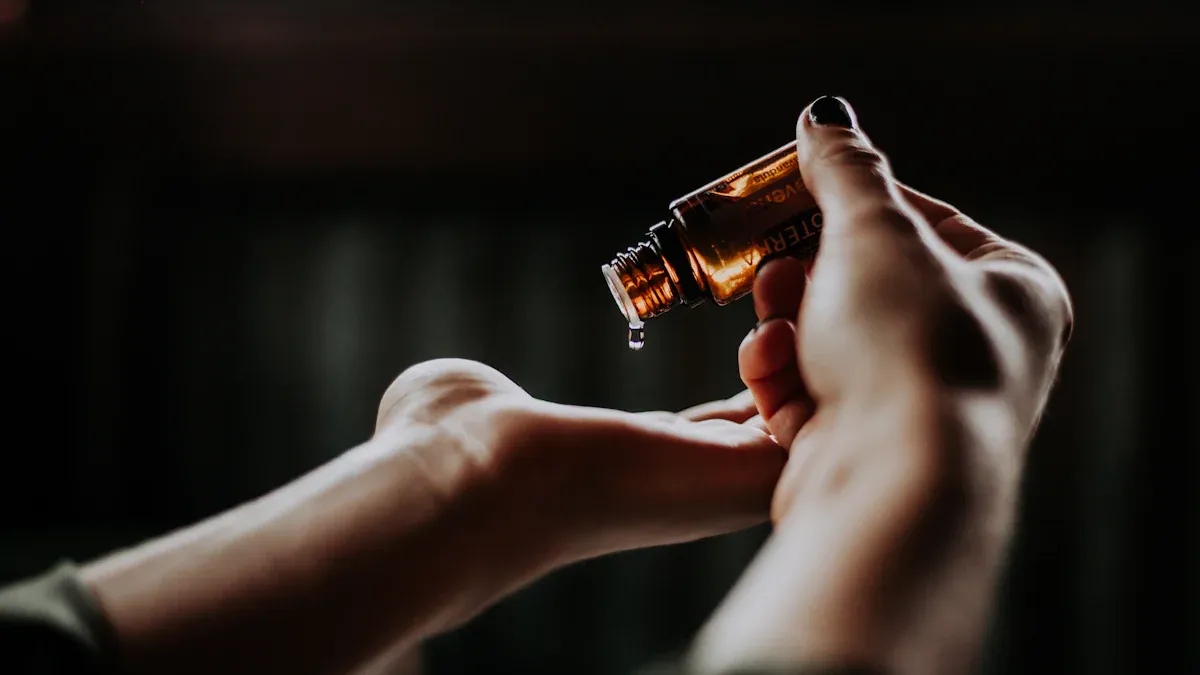
Dilution
You always need to mix oils before using them on your skin. These plant extracts are very powerful. If you use them without mixing, your skin can get hurt. You might get burns, rashes, or blisters. Experts say to use carrier oils like coconut, jojoba, or sweet almond oil. The amount you need to mix depends on how you use the oil and who will use it.
| Application Type | Recommended Dilution Ratio (%) | Notes |
|---|---|---|
| General Massage (emotional healing) | 0.5 – 3 | Lower end for children, elderly, sensitive skin |
| Localized Medical Use (pain, injuries) | 4 – 10 | Lower end for children, elderly |
| First Aid (wounds, bruising, pain) | 5 – 20 | |
| Facial Beauty Products | 0.2 – 1.5 | For sensitive skin and delicate areas |
| Body Beauty Products | 1 – 4 | |
| Herbal Baths | 2 – 3 |
Tip: Most adults should use 3 to 12 drops of oil for each ounce of carrier oil. For kids, older people, or sensitive skin, use less oil.
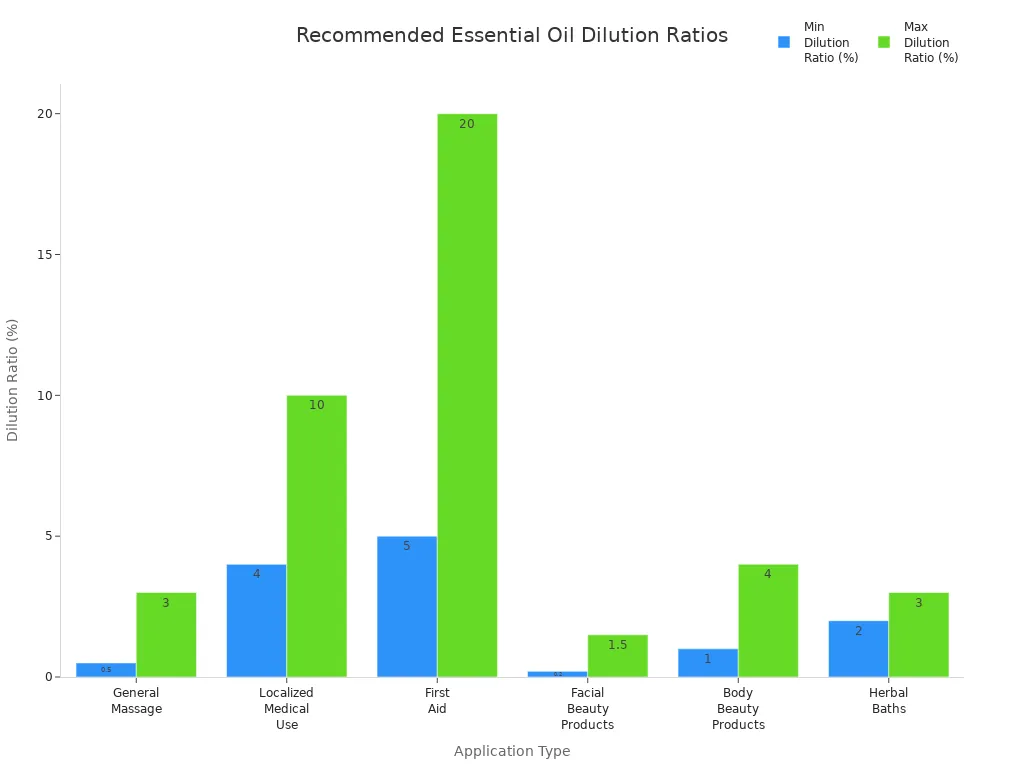
Never put oils straight on your skin. This rule keeps your skin safe from allergies and damage. Always read the label for safe mixing instructions.
Patch Testing
Patch testing helps you see if your skin will react to a new oil. You should do this before using any oil on a big area. Put a little bit of mixed oil on your inner arm or behind your ear. Wait for one to two days. Watch for redness, itching, or swelling.
- Mix the oil with a carrier oil at the right ratio.
- Put a small amount on a small spot of skin.
- Wait and look for any signs of irritation or allergy.
- If you see a rash, wash the spot with soap and water. Do not use that oil again.
- Even if you do not react now, you could have a problem later. Always watch for new symptoms.
Patch testing is important because everyone’s skin is different. Some people are allergic to certain plants. Oils from citrus fruits can burn your skin if you go in the sun after using them. Patch testing helps you stay safe from these problems.
Note: If you have eczema or very sensitive skin, talk to a doctor before trying new oils.
Special Precautions
Some people need to be extra careful with oils. Children, older people, pregnant women, people with asthma, and those with weak immune systems need more care. Pets can also get sick from oils.
- Children can get very sick from even a little oil. Keep oils locked up and use childproof lids.
- Pregnant women should not use oils that can cause contractions or hormone changes.
- People with skin problems like eczema can react more easily. Always mix and patch test.
- Pets, like cats and dogs, can get poisoned by oils in the air or on their fur.
- People with asthma or allergies may have trouble breathing if oils are used too much.
Common problems from using oils the wrong way include:
- Itchy, red rashes (contact dermatitis)
- Hives or welts
- Burns or blisters, especially after sun with citrus oils
- Sneezing, runny nose, or stuffy nose from breathing in oils
- Eye redness or burning if oils touch your eyes
- Severe poisoning, seizures, or coma if swallowed
- Rare but serious allergic reactions like anaphylaxis
Alert: Never eat or drink oils. Swallowing them can make you vomit, have seizures, or even die. If someone swallows oil, call poison control right away.
You should also avoid:
- Using oils that are not mixed on your skin, especially near eyes, ears, or sensitive areas
- Putting oils in your nose or mouth
- Using oils in a diffuser for a long time without breaks or fresh air
- Using oils near fire (they can catch fire)
- Going in the sun after using citrus oils on your skin
Groups like the FDA and WHO make rules for safe use. They want childproof bottles, clear labels, and warnings for some risks. Always buy oils from brands that follow these rules.
| Regulatory Agency | Key Safety Guidelines and Requirements |
|---|---|
| World Health Organization (WHO) | Sets safety and quality standards for plant oils. |
| U.S. Food and Drug Administration (FDA) | Requires safe labeling and packaging. |
| International Fragrance Association (IFRA) | Limits how much oil can go into skin products. |
| U.S. Consumer Product Safety Commission (CPSC) | Requires childproof packaging for hazardous oils. |
| International Organization for Standardization (ISO) | Sets quality and safety testing rules. |
Tip: Always read the label and follow the directions. If you have a health problem or take medicine, ask your doctor before using oils.
Getting Started
Choosing Oils
Picking good oils keeps you safe and helps them work well. Look for brands that give lots of details about their oils. Good companies show test reports like Certificates of Analysis and GC/MS results. These reports prove the oil is pure and what is in it. Trusted brands, such as Akeyin, also show certifications like USDA Organic or ISO. Always check the label for the batch number, ingredients, and when it expires. Stay away from oils with words like “therapeutic grade.” These words do not mean anything official. Pick oils in dark glass bottles to keep them safe from light and heat. If an oil is very cheap, it might have extra stuff added.
Tip: Ask for test reports and proof before you buy. Good sellers will answer your questions and show you their papers.
Blending Basics
Mixing oils lets you make new smells and get more benefits. The 30/50/20 rule helps you make a good mix. Use 30% top notes for light scents, 50% middle notes for the main smell, and 20% base notes for deep scents. For a 10-drop blend, use 3 drops of a top note like sweet orange, 5 drops of a middle note like lavender, and 2 drops of a base note like sandalwood. Put your mix in a dark glass bottle and write the date on it. Let it sit for a day so the smells can blend together.
Note: Always mix your blend with a carrier oil before using it on your skin. Make small amounts first to see what you like.
Beginner Routines
Start with gentle oils that are less likely to cause problems. Lavender and Roman chamomile help you feel calm and are safe for most people. Sweet orange and geranium can lift your mood and are good for sensitive skin. Try easy ways like putting a few drops in a diffuser or adding mixed oil to your bath. Always test a small spot on your skin before using a new oil. Keep oils away from sunlight and heat so they last longer. Use small amounts at first and see how your body feels.
| Oil | Benefits for Beginners | Safety Tips |
|---|---|---|
| Lavender | Calming, helps sleep, soothes skin | Safe if mixed with carrier oil |
| Roman Chamomile | Lowers stress, gentle for skin | Good for kids and sensitive skin |
| Sweet Orange | Lifts mood, not sensitive to sunlight | Few safety problems |
| Geranium | Balances mood, helps skin health | Gentle, good for beginners |
Knowing about the benefits and safety of plant extracts helps you make good choices. Studies show oils like lavender and peppermint might help you sleep better and feel happier, but you must always mix them with another oil first. Just because something is natural does not mean it is always safe.
- Begin with small amounts and pick brands you trust.
- Talk to your doctor or a trained aromatherapist, especially for kids or if you take medicine.
- Check out things like safety tips, online classes, and expert guides to learn more.
| Resource Type | Description |
|---|---|
| Safety Guidelines | Tips for mixing oils and using them safely |
| Online Courses | Learn how to blend oils and stay safe from experts |
| Expert Consultation | Get advice that fits your health needs |
FAQ
What is the best way to store essential oils?
You should keep essential oils in dark glass bottles. Store them in a cool, dry place away from sunlight and heat. This helps the oils last longer and keeps their quality high.
Can you use essential oils around pets?
Many essential oils can harm pets. Cats and dogs may get sick from oils in the air or on their fur. Always check with your vet before using oils near animals.
How do you know if an essential oil is pure?
Check the label for the plant’s Latin name, country of origin, and batch number. Trusted brands provide test reports like GC/MS. Pure oils do not have added chemicals or synthetic scents.
Can you use essential oils during pregnancy?
Some oils are unsafe during pregnancy. You should avoid oils like clary sage, rosemary, and cinnamon. Always talk to your doctor before using any essential oil while pregnant.
What should you do if you have a skin reaction?
Stop using the oil right away. Wash the area with soap and water. If you see swelling or blisters, call your doctor. Patch testing before use helps prevent bad reactions.

